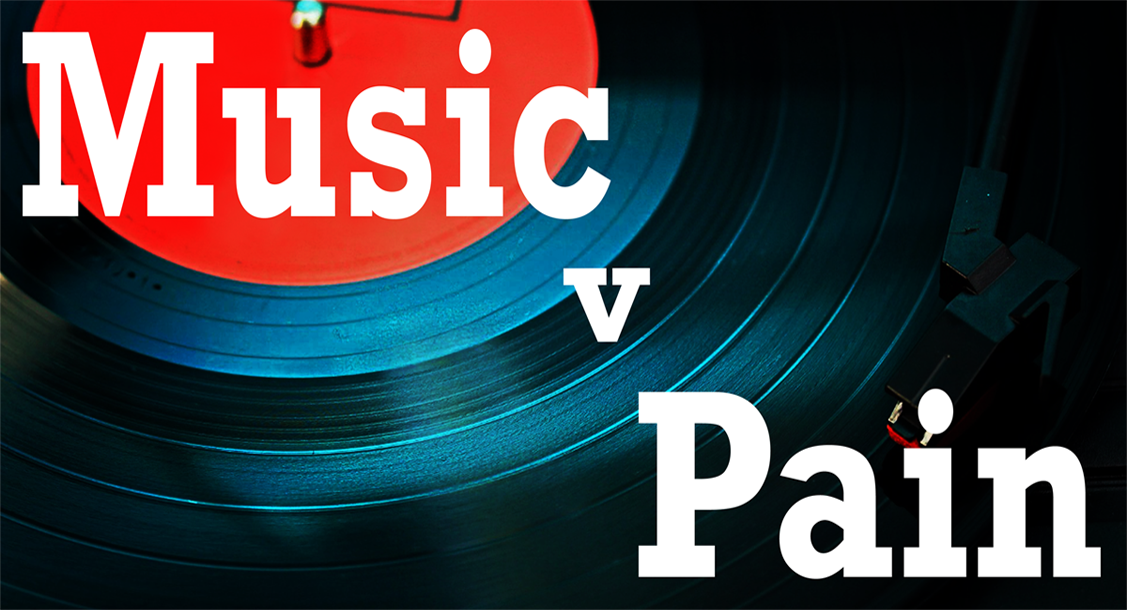Music v Pain
Pain is a massive part of Ehlers-Danlos/HSD and it’s often nigh on impossible to manage in bendy bodies.
It’s well known that even strong opiate medications either have decreased efficacy or no effect at all when it comes to this condition.
All is not lost though - music can be an important method of fighting back against the agony.
Blood
We all know that music can change and enhance our mood. But evidence exists showing what a valuable tool it can be for pain patients – as well as people recovering from surgery and even in the dentist’s chair.
In the 2016 study 'Effect of Music Therapy on Pain and Anxiety Levels of Cancer Patients: A Pilot Study', Krishnaswamy and Nair examined the role of music in dealing with Cancer pain and anxiety. Although their test subjects were few, their findings were positive:
‘Music therapy...lower[ed] the pain score of a patient who had received standard palliative care for pain reduction. It was also more effective than the act of talking in reducing the pain score.’
An Iranian study of premature babies also found proof of musical benefits (Effects of music therapy on pain responses induced by blood sampling in premature infants: A randomized cross-over trial).
Sometimes, premature babies have to go through painful procedures, and the authors looked at the role of tunes when it came to inserting and withdrawing needles for blood work.
They played music for five minutes before the draw and ten minutes afterwards, monitoring the babies' facial expressions, behaviour and physiological responses.
They found a significant difference between the control group who didn’t hear music and the group who did, concluding that ‘Music therapy reduces the physiological and behavioural responses of pain during and after blood sampling’.
Anxiety levels dropped significantly in both
genders when music was
played, and males and females responded in the same way.
Another group of authors in France wanted to see if there were any difference between males and female ('Smartphone-based Music Listening to Reduce Pain and Anxiety Before Coronarography: A Focus on Sex Differences').
They used Music Care, a smart-phone app used to manage pain and anxiety in clinics, on a group of coronarography patients between November 2010 and April 2011.
Again, they found that anxiety levels dropped significantly in both genders when music was played, though there was no significant change in self-reported pain levels associated with this kind of medical procedure, and males and females responded in the same way.
Or as Bradshaw and his fellow authors put it in Effects Of Music Engagement On Responses To Painful Stimulation, 'Engaging activities may prevent pain by creating competing constructions of reality that draw on the same processing resources as pain'.
Some studies say we benefit because the areas of our brain involved in reward and emotion is also implicated in processing music.
Others point specifically to neural networks and signalling between the spinal cord and the brain. Whatever the reason, the fact music helps is well documented...
...And no doubt further scientific investigation
will one day uncover exactly how it does so.



